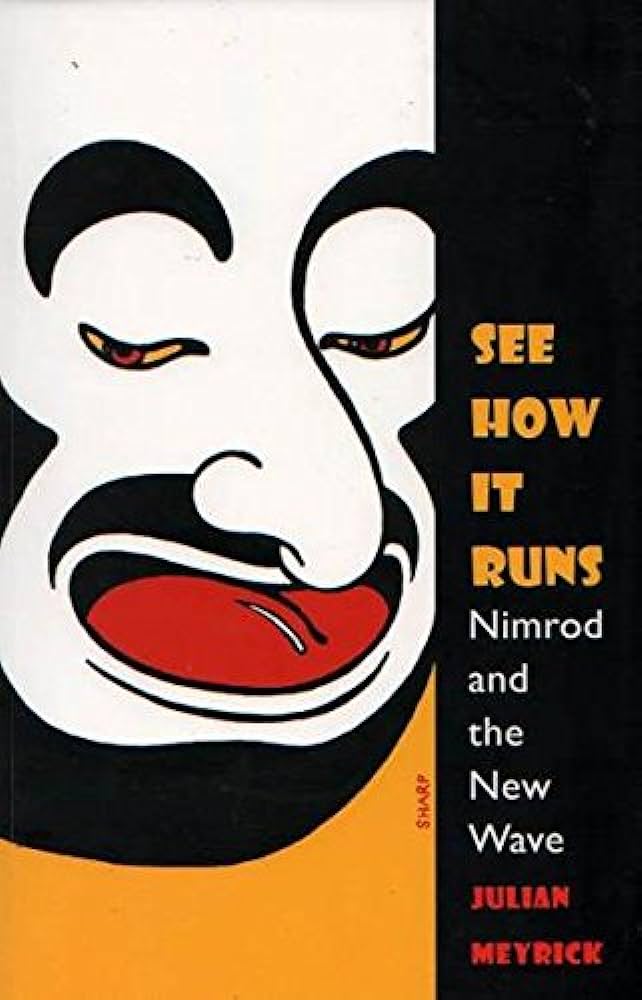Archive
ABR welcomes concise and pertinent letters. Correspondents should note that letters may be edited. They must reach us by the middle of the current month. Letters and emails must include a telephone number for verification
Poetry at the Melbourne Writers’ Festival
Dear Editor,
Juno Gemes asks what is the current place of poetry within our literary festivals (ABR, ‘Letters’, September 2002). She also asks related questions, which in summary give the overall impression that poetry, particularly at the Melbourne Writers’ Festival, now has only a peripheral place. As evidence, she claims that in Melbourne ‘a mere five poets, including only one indigenous writer, will take part in five sessions in a programme representing hundreds of writers’.
... (read more)Lexical Images: The story of the Australian national dictionary by Bill Ramson
Death of a Notary: Conquest and change in colonial New York by Donna Merwick
Never far from one’s mind these days, the events of September 11, 2001, and their direct aftermath in Afghanistan and elsewhere, had to be prominent in this month’s issue of ABR, such is their complex resonance and ubiquitous iconography. To complement Morag Fraser’s essay in this issue on the consequences of ‘September 11’ for civic ...
Primo Levi, in two interviews given almost twenty years ago*, set a standard of critical sympathy that is not only exemplary, but peculiarly apt to the fraught debate about the post-September 11 world and the USA’s place and reputation within it.
... (read more)Eddie Gilbert by Mike Colman and Ken Edwards & Mark Waugh by James Knight
See How It Runs: Nimrod and the New Wave by Julian Meyrick
ABR welcomes concise and pertinent letters. Correspondents should note that letters may be edited. They must reach us by the middle of the current month. Emailed letters must include a telephone number for verification.
Inga Clendinnen responds to John Hirst
Dear Editor,
I want to respond to John Hirst’s rather avuncular dismissal of Rosemary Neill’s White Out (ABR, August 2002). John is an old friend, and I have often relied on his goodwill and good sense, but I disagreed with just about every sentence of his evaluation of O’Neill’s excellent book. In fact, I think his review exemplifies the kind of predetermined politicised response that Neill and other engaged analysts of the Aboriginal condition are up against. Some Aborigines and whites have been ‘speaking the truth’ about the devastating disintegration of some Aboriginal communities for years. What is ‘new’ is that more of us are beginning to turn from our absorbing in-house squabbles to listen to what they are saying. We are being made to hear that the earnest diagnoses and recommendations we have been making over the last three decades appear to be mistaken. It is not only that Aborigines are dying earlier. Now they are suffering more before they die.
... (read more)




